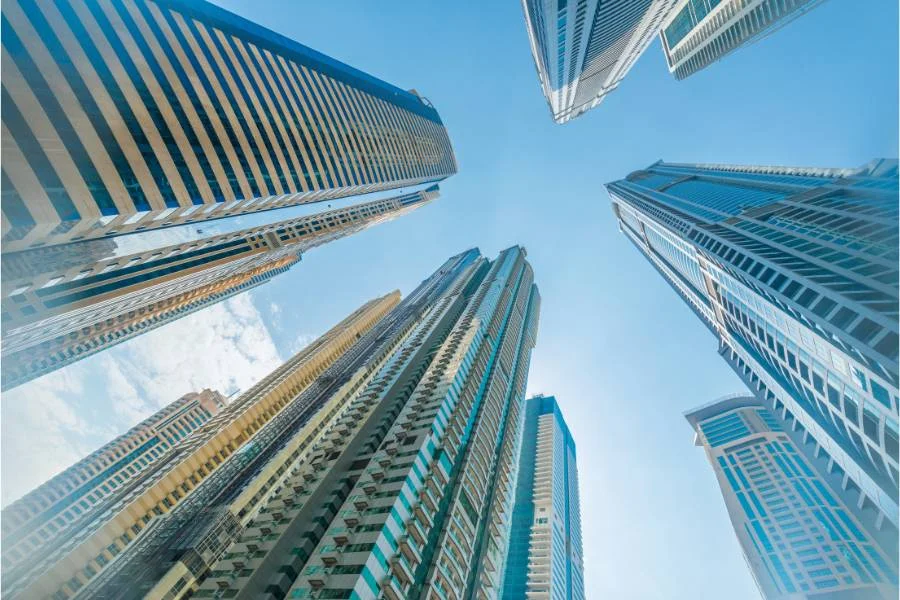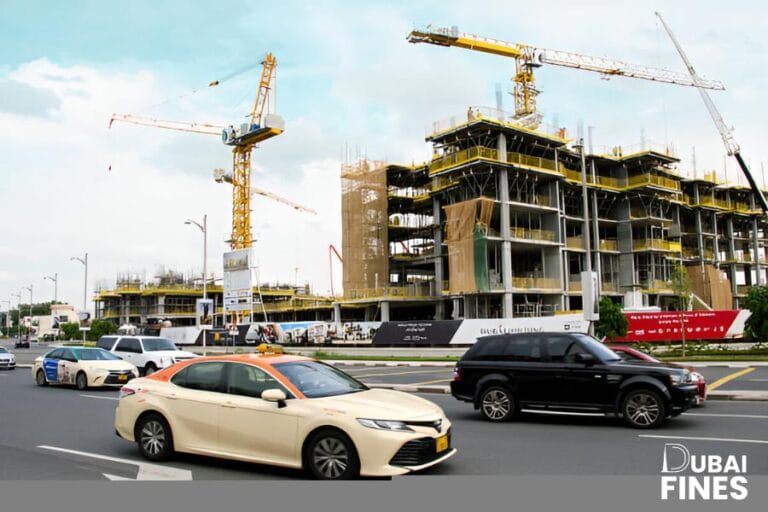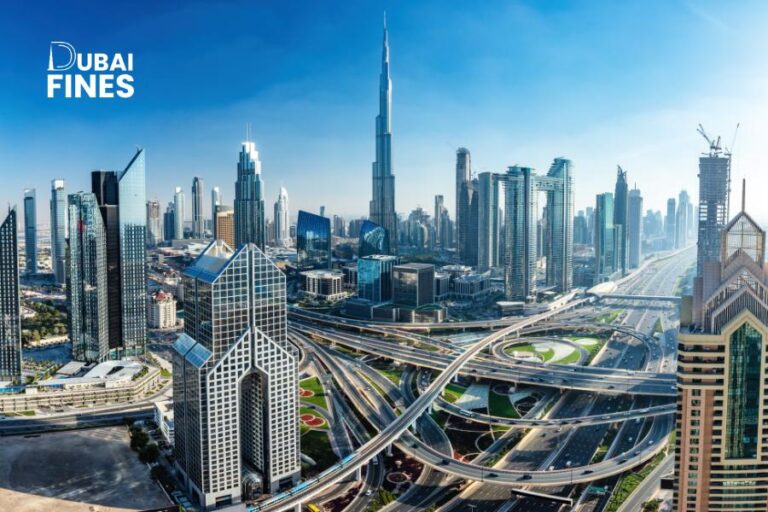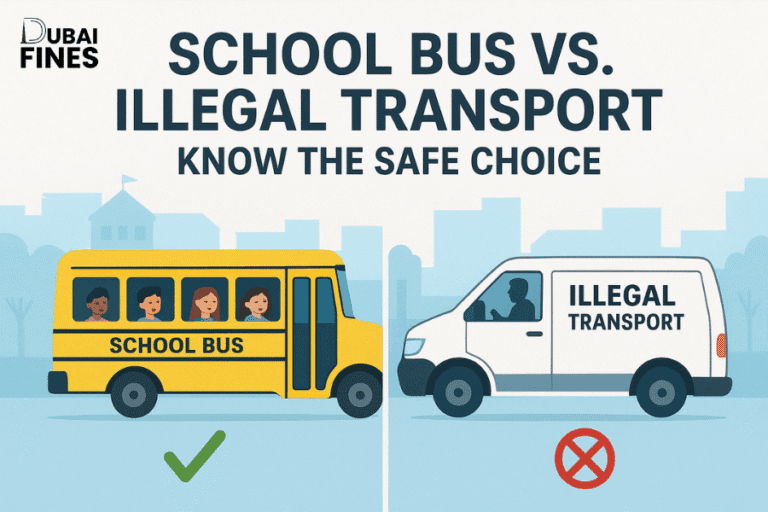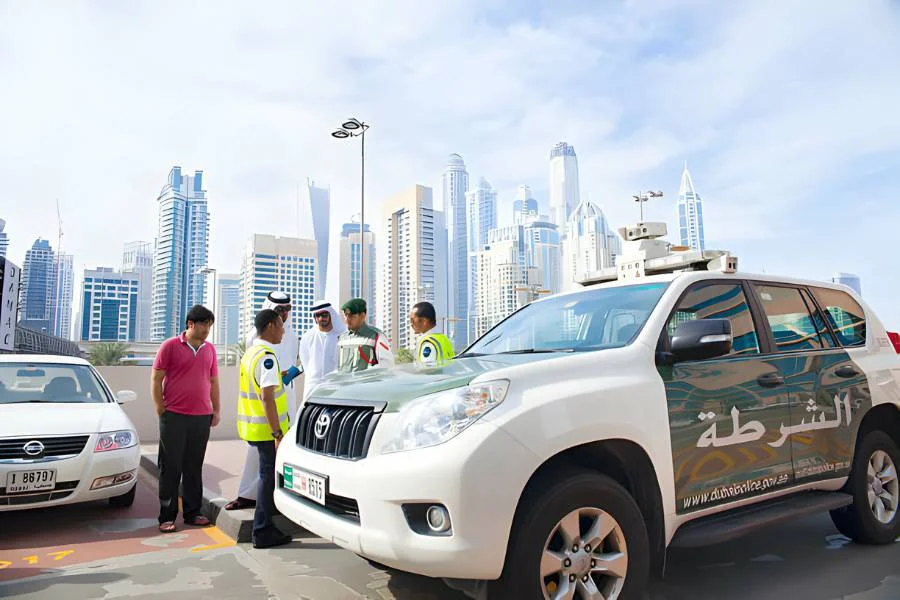Ensuring Safe and Legal Development: Illegal Constructions in The UAE
In Abu Dhabi, there is a significant effort underway to stop illegal building and housing changes. The Municipality and law enforcement are leading a week-long campaign for city appearance and rule enforcement. Moreover, they are prohibiting landlords from renting to bachelors in family areas.
Dubai’s successful campaign held last October inspired this move. In that campaign, thousands of homes experienced power and water outages due to illegal partitions. Additionally, they make it a point to obtain the correct permits to avoid overcrowding, which can lead to fines of up to Dh1 million.
In this article, we will see how Abu Dhabi works to maintain a nice, safe, and fair urban environment.
Table of Contents
A Few Illegal Constructions, Partitions, Alterations, And Unlicensed Rental Cases:
Addressing Unauthorized Changes And Unlicensed Rentals:
The illegal alterations to buildings and unlicensed rental properties are causing safety concerns in the UAE. Consequently, city authorities are taking strong action to address this problem.
They are imposing significant fines and cutting off utilities as measures to tackle the issue. For example, Dubai’s government disconnected utilities from over 1,000 buildings in 2011 to prevent unauthorized alterations.
Recently, Abu Dhabi’s City Municipality conducted inspections in residential areas to identify illegal buildings, focusing on landlords and tenants breaking construction rules. Additionally, overcrowding in homes can result in hefty fines, up to Dh1 million, showing the city’s commitment to safety.
Moreover, in 2023, Abu Dhabi identified 3328 violations, including cases of overcrowding. Those found breaking the rules face penalties of up to Dh200,000. These facts highlight how both cities prioritize safety and address these issues with utmost seriousness.
Tenant Faces Dh300,000 Penalty for Illegal Renting Villa in Abu Dhabi
In a recent case in Abu Dhabi, a tenant partitioned a villa and sublet it to four families. Consequently, the court directed the tenant to pay Dh300,000 in compensation for damages to the landlord.
Moreover, the landlord filed a lawsuit against the tenant for allegedly causing the damage by partitioning the villa and subletting it without consent. Despite the tenant’s defense claiming a previous court order dismissed the case, the judge ruled in favor of the landlord.
An engineering expert’s report confirmed the unauthorized alterations made by the tenant, estimating that renovating and maintaining the villa would cost Dh300,000.
Thus, the court ordered the tenant to cover legal expenses. This highlights the consequences of breaking housing laws and underscores the results of making unauthorized alterations to rental properties.
Illegal Housing Offenses And Their Violations:
Illegal housing offenses can lead to significant fines and penalties as outlined in Law No. 8 of 2019 ‘Regulation of Occupancy of Properties and Residential Units’.
Therefore, understanding these violations is crucial for landlords, tenants, and property owners. It helps them avoid legal consequences and ensure compliance with housing regulations.
| Violation | Fine & Repeated Violations |
| Using the property for the wrong reasons | Dh50,000 (Dh100,000 for repeat offenses) |
| Renting public housing unlawfully | Dh50,000 (Dh100,000 for repeat offenses) |
| Occupying property before the certificate | Dh12,500 (Dh25,000 for repeat offenses) |
| Staying in the property after the certificate ends | Dh5,000 (Dh10,000 for repeat offenses) |
| Renting property in the wrong area | Dh50,000 (Dh100,000 for repeat offenses) |
Prohibited Activities And Penalties
| Prohibited Activity | Fine (Repeated Violations) |
| Renting farm buildings to the wrong people | Dh50,000 (Dh100,000 for repeat offenses) |
| Using farm buildings for the wrong purpose | Dh25,000 (Dh50,000 for repeat offenses) |
| Stopping officials from doing their job | Dh50,000 (Dh100,000 for repeat offenses) |
Conclusion:
All in all, fines for illegal construction in the UAE underscore the need to follow rules for safe and legal development. Understanding and obeying construction laws, along with cooperation among stakeholders, are key factors.
Moreover, Abu Dhabi and Dubai are taking action against illegal constructions to maintain city aesthetics and housing rules.
Both cities prioritize safety; this is evident through Abu Dhabi’s inspections and Dubai’s utility cutoffs. Consequently, these efforts aim to create clean, safe, and rule-abiding living spaces in the UAE, ensuring continued growth and prosperity.

